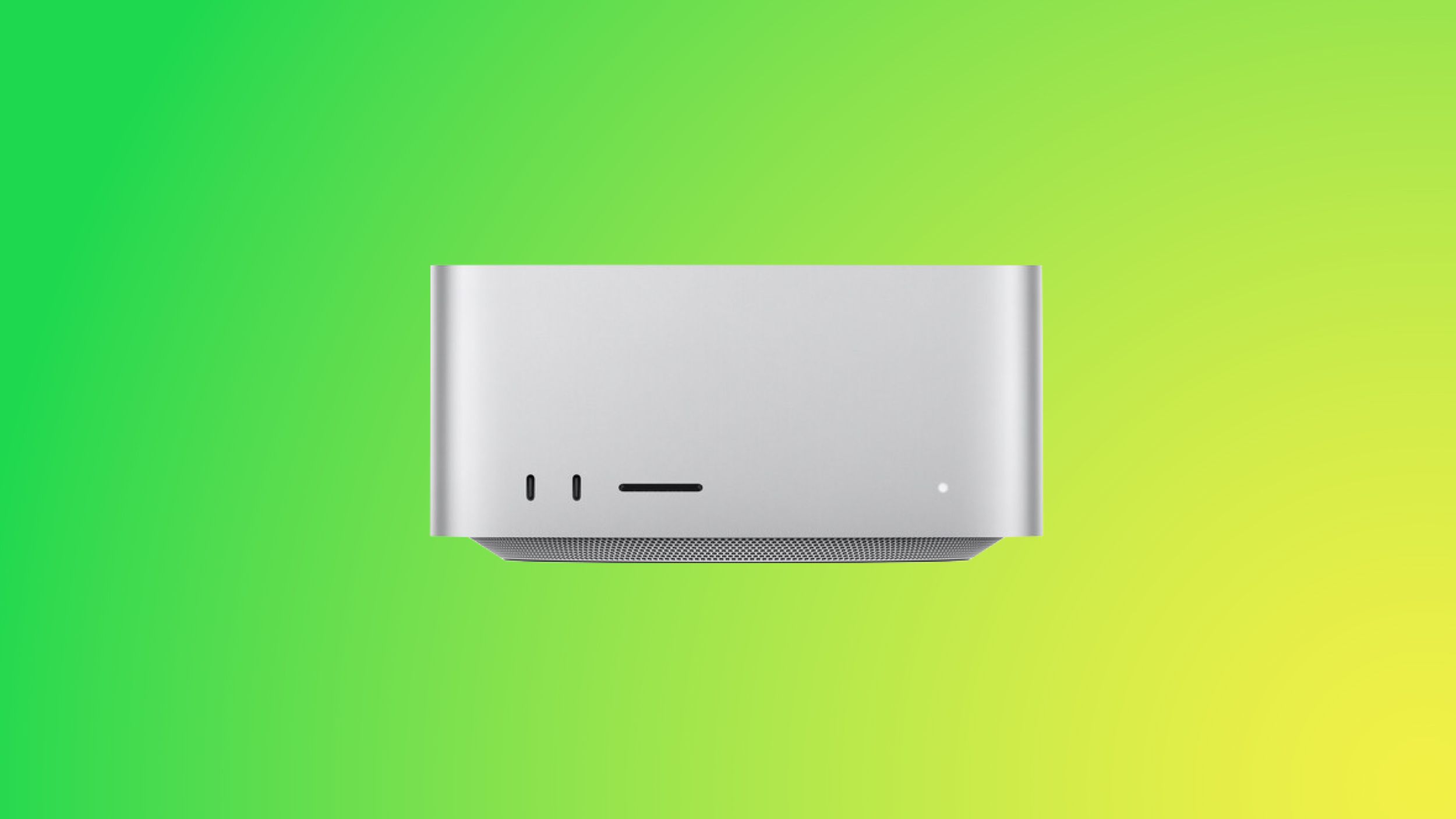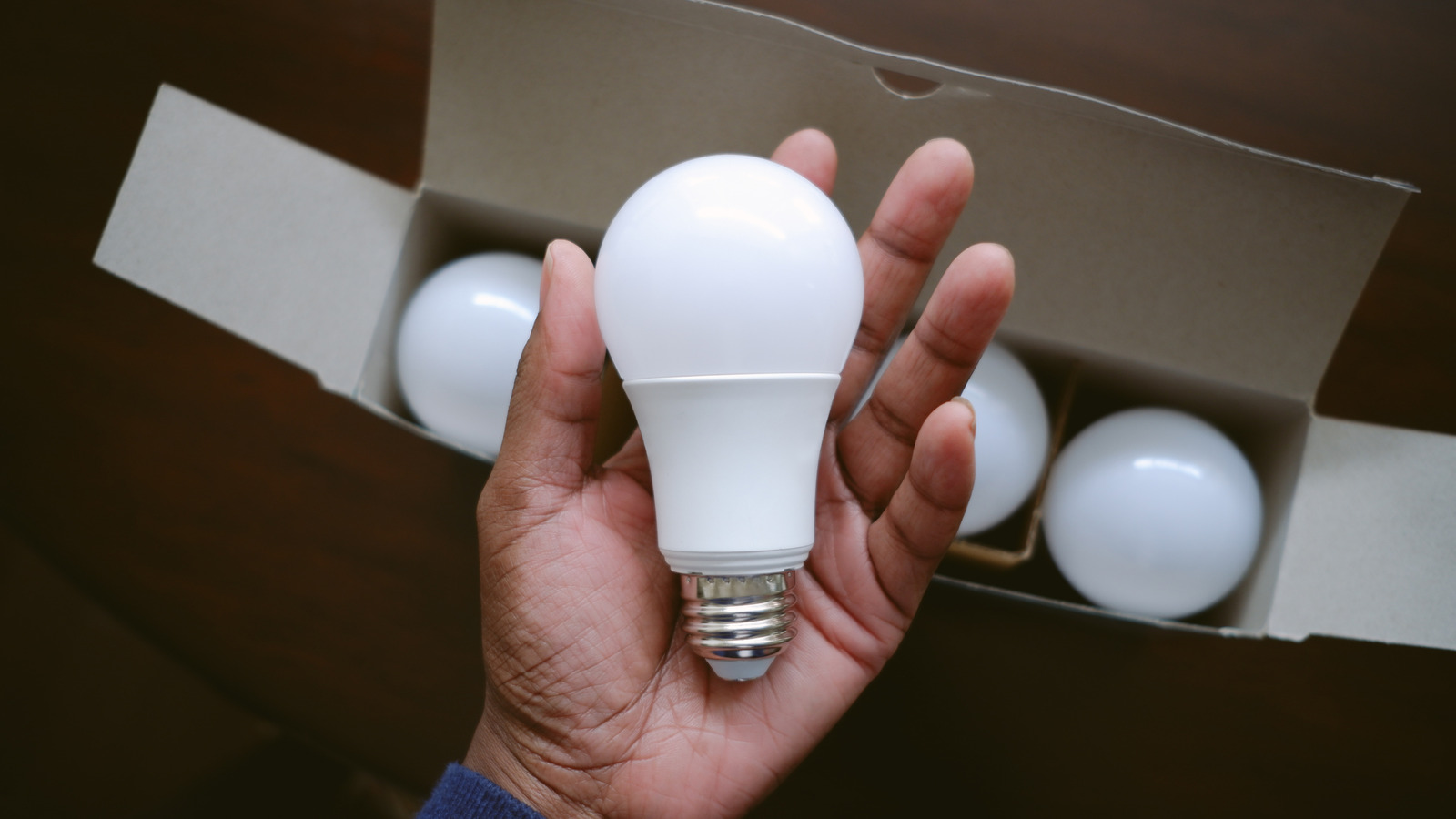Nvidia is navigating an increasingly tenuous relationship between the U.S. and China, as the company seeks to sell its artificial intelligence (AI) chips to both countries while they engage in a high-stakes race to dominate the technology.
The chipmaker, whose graphics processing units (GPUs) are considered the backbone of the AI boom, has seen a meteoric rise over the past few years, becoming the most valuable company in the world and the first to cross the $4 trillion threshold.
However, as the U.S. and China compete for control, its chips have become a key target, creating a complex balancing act for the firm.
“They’re doing a spectacular job of walking that tightrope right now,” said Stacy Rasgon, a senior analyst at Bernstein Research.
“I hope they can stay up on the rope,” he added. “Jensen’s been doing a really good job of balancing what are some fairly opposing concerns from both sides. He’s been doing a good job of walking that line.”
Nvidia’s chips have become highly sought after, as companies and countries alike race to develop AI. This has also made the chips a key chokepoint, as the U.S. seeks to limit China’s abilities to develop the technology.
“The entire chip industry has been having to learn how to reengage with Washington after a couple of decades in which the products they sold weren’t seen as particularly politically sensitive. Over the past decade, that’s changed dramatically,” said Chris Miller, an international history professor at Tufts University.
While Nvidia isn’t the only chipmaker facing restrictions, it sits in a unique position as the dominant market player.
“Nvidia’s the one that’s supplying the bulk of the merchant AI infrastructure that everything’s running on. Clearly, it’s imperative everywhere and probably doubly so in China,” Rasgon said. “To the extent that China’s been building out their AI infrastructure, largely they’ve been building it out or desiring to build it out on Nvidia.”
In a statement to The Hill, a Nvidia spokesperson said, “Trying to cobble together datacenters from smuggled products is a nonstarter, both technically and economically. Datacenters are massive and complex systems, making smuggling extremely difficult and risky, and we do not provide any support or repairs for restricted products.”
“Rather than risk using smuggled products, the market will turn to widely available competitors such as Huawei, undercutting U.S. leadership in China and worldwide,” the spokesperson said.
The Biden administration initially limited some advanced chip sales to China in October 2022, prompting Nvidia to develop separate chips with slower processing speeds for sale on the Chinese market.
However, the A800 and H800, alternatives to its A100 and H100 chips, were soon targeted in another round of export controls in October 2023. In response, Nvidia developed a new option for China, the H20 chip.
The Trump administration initially cracked down on H20 sales to China in April, as tensions spiked between Washington and Beijing over the president’s expansive tariff regime.
However, shortly after a visit by Nvidia CEO Jensen Huang to the White House in July, the chipmaker said it had received assurances from the U.S. government that its H20 licenses would be approved.
Commerce Secretary Howard Lutnick said the decision was part of a rare earth deal with Beijing, arguing China is only receiving the company’s “fourth best” chip. The controversial move has faced pushback from both Democrats and Republicans, who contend the H20 can still boost China’s AI capabilities.
The decision represented a key win for Huang, who also received a shoutout from Trump just days later as he unveiled his AI Action Plan. The president reminisced on how he had at one point considered breaking up Nvidia.
“I found out it’s not easy in that business. I said, ‘Suppose, we put the greatest minds together. They work hand in hand for a couple of years.’ He said, ‘No, it would take at least 10 years to catch [Huang] if he ran Nvidia totally incompetently from now on,’” Trump said.
Nvidia’s unique position in the GPU market and the broader AI race gives the company a “powerful voice” in Washington, Miller noted.
“So long as it’s an absolutely central player in AI technology that it’s been over the past couple of years, I think it’s not surprising that its voice is also heeded and taken seriously by governments as well,” he said.
“It’s also not surprising that governments, both the United States and China and others, are trying to shape the market for Nvidia chips and other AI accelerators, given how central they seem to be both for the future of technology but also for prosperity and political power,” he added.
Huang has made three trips to China this year to simultaneously manage relations with Beijing amid the shifting export controls in the U.S.
He has largely been able to keep the peace so far, albeit with some hiccups. China’s Cyberspace Administration reportedly summoned Nvidia last week to explain “backdoor security risks” with its H20 chips.
The chipmaker responded by releasing a blog post Tuesday, saying its chips “do not and should not have kill switches and backdoors.” Kill switches are built-in mechanisms that would allow companies to remotely deactivate chips.
“Embedding backdoors and kill switches into chips would be a gift to hackers and hostile actors,” David Reber Jr., Nvidia’s chief security officer, wrote. “It would undermine global digital infrastructure and fracture trust in U.S. technology. Established law wisely requires companies to fix vulnerabilities — not create them.”
The concerns about backdoors come as some American lawmakers have pushed to add location tracking to chips in order to prevent them from ending up in the hands of foreign adversaries.
Even with export controls, there has been widespread concern about chip smuggling. The Justice Department on Tuesday accused two Chinese nationals of illegally shipping tens of millions of dollars’ worth of chips, including Nvidia H100s, to China.
In a letter to lawmakers Thursday, Americans for Responsible Innovation, an AI policy group, called for an investigation into the “large-scale smuggling” of advanced AI chips into China and whether Nvidia took “sufficient measures” to prevent or report it.
Despite these concerns, Nvidia remains in a fairly strong position with both the U.S. and China. Its situation stands in sharp contrast to that of Intel, which has come under fire in recent days over CEO Lip-Bu Tan’s reported ties to China.
Sen. Tom Cotton (R-Ark.) pressed Intel earlier this week over Tan’s Chinese investments and his previous role as CEO of Cadence Design Systems, which recently pleaded guilty to violating export controls by selling chip design technology to a Chinese military university. On Thursday, Trump called for Tan to resign, suggesting he is “highly conflicted.”
“It does not appear that Lip-Bu has cultivated that personal relationship with Trump, and maybe that’s biting him now,” Rasgon noted.
However, there are still factors that could derail Nvidia’s careful balancing act. China hawks within the administration could push back on the less restrictive approach toward AI, while Beijing will likely continue to develop its own technology.
“Even if the Chinese can use Nvidia chips, they’re probably going to still be putting more effort into local alternatives,” Rasgon added. “They have no choice, right, because we’ve shown we have the ability to cut them off at the knees when we want to.”









